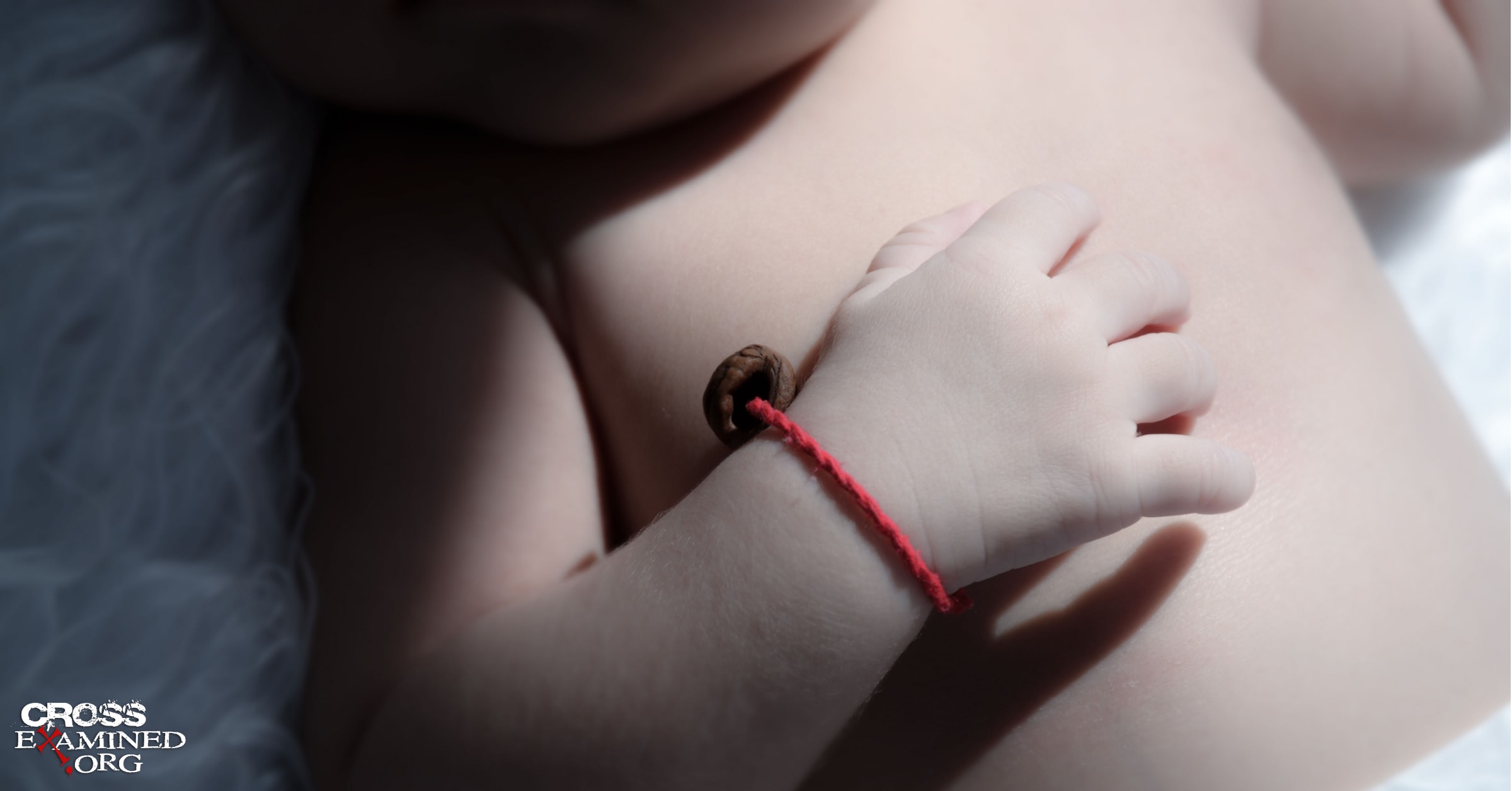My “Pride ‘Heroes’” series draws attention to the philosophy and individuals behind the LGBTQ+ Pride movement.[1] At Arizona State University, the campus library commands all who enter to “Celebrate Pride.” This is the only sexual philosophy granted a dedicated month in which the public is commanded to obey. Meanwhile, ASU’s Herberger Institute for Design and the Arts hosts an annual Drag Queen show as part of its ongoing promotion of gender ideology.
Why? Because the Herberger Institute for Design and the Arts also holds events for other ideologies and religions as well, such as Christianity. Oh wait—no, that’s not true. It doesn’t do that. It exclusively pushes a radical leftist agenda.
Question: How will that affect federal funding under Trump’s new executive order?
A hero is someone who protects children. Protecting children includes protecting them from blatant falsehoods and from those false teachers who want to confuse them and hinder them from understanding reality. Now let’s look at Drag Queens: are these heroes who simply want to read books to children? What we find is that the philosophy of Drag cannot escape God’s world. All humans are made in the image of God, desire a meaningful life, and cannot find that meaning without understanding the created order that God made. Let’s see how the Drag philosophy defends itself.
What exactly is the “Drag Queen” philosophy?
Isn’t Drag Queen philosophy just people having fun and being their authentic self? No. There are many ways to have fun and be yourself. The Drag Queen philosophy is very explicit about its purpose: to subvert norms and to teach that gender is fluid. In other words, to teach that Christianity and the other theistic religions are false.[2] It denies that there is an objective reality that shapes how we live our lives.
The Drag Queen philosophy rejects God’s creation of male and female; it is purposely contrary to the nature of things. It’s not just harmless entertainment. They often joke, “We’re coming for your children,” but the joke loses its humor when they actually do try to enter libraries and schools to impose their views about gender on young minds.
What Defenders Say
Let’s begin by taking the defenders of Drag Queen Story Hour (DQSH) at their word—or at least, at their marketing brochure.
- Literacy and Engagement
We’re told drag queens are simply performers who make reading fun. The makeup, the wigs, the glitter? All part of the show to get kids excited about books. But here’s the problem: there are many other engaging ways to promote reading that are not tied to a false ideology. We don’t read for the sake of reading; we read to understand what is true. If we train children to associate reading with clearly false ideas about gender, we haven’t helped them overall—we’ve hindered them. We’ve taught them that fiction doesn’t just belong on the page, but in how we view reality.
- Inclusion and Diversity
DQSH events are promoted as celebrations of inclusion, where LGBTQ+ families can feel represented and children can learn to “tolerate” diverse expressions of identity. But here’s the irony: just as those families wouldn’t want a conservative Christian showing up to impose his beliefs on them, others have a right to be free from having Drag ideology imposed on their children. The First Amendment protects free expression, but it does not give anyone the right to indoctrinate other people’s children under the guise of public programming. That path doesn’t build a diverse society—it builds resentment and antagonism. The push for “inclusion” must still respect boundaries.
- Teaching Gender as a Social Construct
This is the most revealing justification of all. Drag queens, as avatars of gender fluidity, are used to teach kids that gender roles are flexible, performative, and non-binary. The message? There’s no “he” or “she”—only what you feel and how you present. There is no truth, only “my truth” which is to say “my feelings.”
This is the heart of it: the desire to inculcate children with a philosophy that denies nature, creation order, objective reality, and even basic reason itself. Drag isn’t just dress-up. It’s a worldview, and its aim is to deconstruct the categories that are essential for human flourishing. The Drag Queen philosophy is clear about opposing God and his created order. Here’s a truth about every human who has ever lived: they all had exactly one biological mother and one biological father.
The problem is, homosexual men cannot have children of their own. They can try to adopt someone else’s child. Or, they can pay a woman—often a disadvantaged woman who needs the money—to rent her womb so that one of them can use his sperm to fertilize an egg (meaning the child is unrelated to the other man). But together they cannot produce a child. And so, instead, they feel the need to teach other people’s children.
This is the self-contradiction in their philosophy. On the one hand, they deny that there are any essences. They insist on radical nominalism: there are only particulars, no universals. There is only the self-declared individual who proclaims, “I am a they/them,” and no such thing as human nature, male and female, mother and father.
And yet, they still have the natural desire to pass their worldview on to children.
Their childless philosophy still conforms—unwittingly—to the natural order they claim to reject.
They cannot escape the creational pattern established by God. No amount of thinking, feeling, “authenticity” or “identity expression” can make two men conceive a child. No amount of “I wish, I wish” can erase the basic fact that civilization depends on a man and a woman teaching the children that come from their union. We live in God’s world. And we cannot escape His reality.
We live in God’s world. And we cannot escape His reality.
But this philosophy openly tells us that they are working to subvert God’s creation and replace God with their own sexual desires. They say “fight evil with love” but reverse the meaning of those words as they actively work to teach children to disobey God.
What’s the Harm?
Far from helping children, the drag philosophy introduces serious philosophical harms. Let’s consider just a few:
- Normalization of Gender Confusion
Drag, by definition, is an exaggerated parody of womanhood, often rooted in sexualized adult performance. It insults women by treating them as unreal, as if a man in flamboyant costume is just as much a woman as an actual woman. In fact, they deny that there are any “actual women;” a woman can be any man who thinks he is a woman.
Presenting this to children is not “tolerance.” It is the deliberate confusion of the categories God created—male and female. It teaches children that gender is not a given but a costume, not reality but performance. This is not education. It’s miseducation. It is incoherent thinking that believes “if I think it then it is true and the rest of society must conform to my inability to understand reality.”
- Undermining Parental and Religious Authority
Many of these events are marketed directly to children. Parents are sometimes invited—but often just bypassed. The unspoken message is clear: your parents and your pastor are outdated. Tune them out. Tune in instead to the man in heels reading Heather Has Two Mommies. But on what basis should Drag Queens get access to other people’s children? If they tell children not to listen to their parents, why would anyone ever listen to a Drag Queen who lives a life of confusion and denial of reality?
This philosophy has no great achievements to point to—no contributions to human flourishing on which it can stand. It is, at bottom, simply men in exaggerated costumes claiming that their greatest accomplishment is refusing to follow any moral norms and instead doing whatever they feel. That’s not authenticity—it’s the height of immaturity and a lack of personal discipline.
Drag ideology depends on gaining access to the children of others because it is fundamentally sterile—it cannot produce its own future. And yet, it wants to disciple a generation. To do that, it must undermine the family and the faith communities that stand in its way.
Drag ideology depends on gaining access to the children of others because it is fundamentally sterile—it cannot produce its own future.
- Boundary Testing
Drag has always been about pushing boundaries. Its adherents are quite open about this. It is rooted in burlesque, rebellion, and sexual subversion. Bringing it into children’s spaces may not always be criminal, but it is certainly corrosive to innocence. It introduces adult themes into tender minds. And that alone should be reason enough to keep it out of your public library’s children’s room. The Drag Queen has failed to understand the basics about reality, including what is and is not appropriate for children.[3]
- Neo-Gnosticism and Cultural Marxism
Now we’re getting to the philosophical roots. Drag fits seamlessly into a broader project to deconstruct creation order. At its core is a rejection of nature itself—a denial that reality has a given structure. In place of divinely revealed identity—male and female, made in God’s image—we’re offered expressive individualism: You are whatever you say you are. Reality must conform to your feelings. Biology is oppression. Nature is optional.
The drag queens can rage against God’s created order of male and female all they want, but each of them came from the union of a man and woman.
This is nothing new. It’s simply a remix of ancient Gnosticism and modern Marxism. Like Gnosticism, it treats the body as a problem—believing we are souls trapped in the wrong body, and that the solution is to cut, reshape, and mutilate the body to fit our desires. Like Marxism, it sees the family and the church as oppressive structures that must be overthrown. And like both, it cannot build anything—it can only tear down.
A Better Story Hour
Now imagine a different kind of story hour. Imagine a public university that doesn’t impose this sex philosophy on its students. One where children are told that they are not mistakes or blank slates, but created by a loving and wise God. That their bodies are good as they are. That the world is meaningful. That truth is not invented but discovered. Imagine a child learning not that gender is a costume, but that they are fearfully and wonderfully made. That sin is real—but so is grace. That the answer to confusion is not doubling down on meaningless and self-contradictory self-expression, but humbling oneself to seek wisdom. That would be a story worth telling. And it wouldn’t need glitter or wigs to hold a child’s attention—just truth, spoken clearly, in love.
Let the Drag Queen Story Hour promoters keep their costume parties. We’ll keep the real stories. The true ones. The ones that don’t melt under the heat of reality like a rhinestone wig on an August afternoon in Phoenix.
We live in God’s world, he has put eternity in our hearts, and we will never find lasting meaning until we look to him and his created order (Ecclesiastes 3:11).
References:
[1] Editor’s note: Dr. Anderson’s “Heroes of Pride Month” series includes, Intro to Pride Month, features Michel Foucault, Judith Butler, Drag Queens, and the San Francisco Gay Men’s Chorus.
[2] Editor’s Note: Historic Christianity traditionally teaches that homosexual practice and crossdressing are wrong, and that natural marriage and biblical sexual ethics are prescribed for society (Deuteronomy 22:5; Romans 1:26-28; Matthew 19:1-12). There are, however, schismatic churches and perhaps even whole denominations that identify as “Christian” in roughly the same way that trans people identify as a different gender from their natural sex. People can try to socially construct their identity just as they may try fabricate their own brand of Christianity, but if it contradicts what God has made – be it the Church or biological gender – then “trans” roughly translates as “fake.”
[3] Editor’s Note: Even some drag queens have been speaking out against Drag Queen Story Hour as it has “pedo-vibes” for putting crossdressing gender-bending burlesque dancers in close contact with elementary children, and that See here, https://www.youtube.com/watch?v=2jF7W3N1T7U
Recommended Resources:
Correct not Politically Correct: About Same-Sex Marriage and Transgenderism by Frank Turek (Book, MP4, )
4 P’s & 4 Q’s: Quick Case FOR Natural Marriage & AGAINST Same-Sex Marriage (DVD) by Dr. Frank Turek
Legislating Morality: Is it Wise? Is it Legal? Is it Possible? by Frank Turek (Book, DVD, Mp3, Mp4, PowerPoint download, PowerPoint CD)
Does Love and Tolerance Equal Affirmation? (DVD) (Mp4) by Dr. Frank Turek
Dr. Owen Anderson is a Professor of Philosophy and Religious Studies at Arizona State University, a pastor, and a certified jiu-jitsu instructor. He emphasizes the Christian belief in God, human sin, and redemption through Christ, and he explores these themes in his philosophical commentary on the Book of Job. His recent research addresses issues such as DEIB, antiracism, and academic freedom in secular universities, critiquing the influence of thinkers like Rousseau, Marx, and Freud. Dr. Anderson actively shares his insights through articles, books, online classes, and his Substack.
Originally posted at: https://bit.ly/3Ix1bpq










